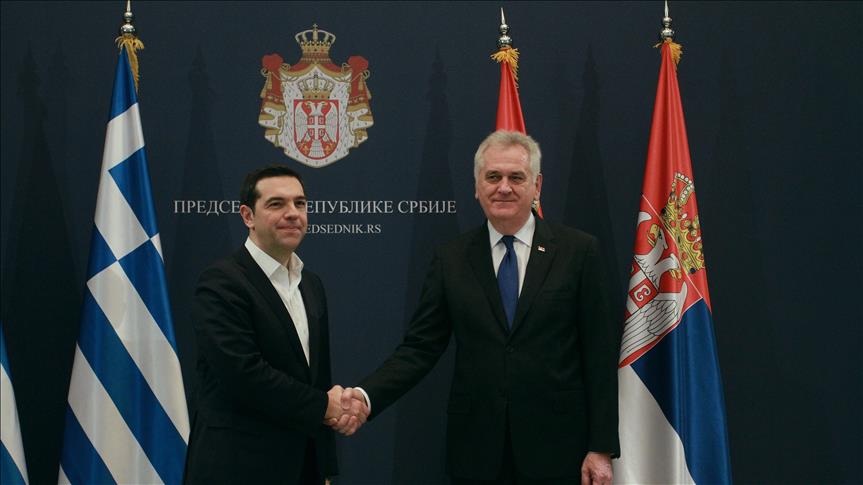Download PDF :


Washington Post, 31 Jan 2017
John Allen, a retired Marine Corps general who led the international coalition to counter the Islamic State from 2014 to 2015, and Michael O’Hanlon are senior fellows at the Brookings Institution.
Though he campaigned with the urgent goal of defeating the Islamic State and reasserting American greatness, President Trump has embarked on a policy that could in fact lead to the loss of U.S. influence in Iraq and the worsening of the Sunni-Shiite divide there. Whatever happens in the short term in the fight to liberate Mosul and other parts of the country from the Islamic State, this policy could lay the groundwork for the emergence of another similar Salafist group there. Trump would have taken us backward, not forward, in the fight against terrorism and seriously eroded our role in a key Arab state that so many Americans gave so much to free and then to help stabilize under two presidents.
The immediate cause of our concern is the executive order Friday that prevented the movement of most Iraqis to the United States — including some who served and sacrificed alongside U.S. forces in the war there — along with citizens of six other nations in the region. But in fact the problem is broader and deeper.
First, there were the frequent whiffs of Islamophobia from the Trump campaign and national security adviser Michael Flynn’s harsh critiques of Islam. Both Trump and Flynn are using more moderate rhetoric now — and the more moderate words may in fact reflect their true attitudes. Certainly, in working with Flynn over the years, neither of us saw Islamophobia in his thinking when he was in uniform. Indeed, his measured analysis of the Salafist threat made important contributions to the defeat of al-Qaeda in Iraq and in our operations against the Taliban. But the harsher words from the campaign, and Flynn’s book, are widely known. They help to create a highly combustible atmosphere in which new decisions such as last week’s executive order will be interpreted. This bell cannot be unrung without determined outreach by the White House to Muslims in the United States and around the world.
Second was Trump resurfacing his position last week that the United States should seize Iraqi oil because it underwrote the Islamic State’s war-making capabilities. He is apparently tone-deaf to the global reaction to this kind of “to the victor goes the spoils” talk, much less the Iraqi reaction.
Moreover, on the specifics of the argument, Trump is incorrect. Iraqi oil fields contributed almost nothing to the Islamic State’s revenue stream, as the vast majority of oil-related funds have come from Syrian fields, and in particular sales of oil back to the regime of Syrian President Bashar al-Assad. Moreover, pillage (this is the legal term for it) of Iraqi oil is simply illegal under international law. Last week, Iraqis were furious over this repeated call by Trump, with some even girding themselves to fight to defend their sovereign natural resource. If Trump decided to literally seize the oil, the U.S. troop requirements would be more akin to the large Iraq and Afghanistan operations of years past than the much more sustainable troop levels that characterize our Mideast presence today. One thing such a mission would likely manage to do, beyond utterly inflaming the region, is unite Iraqis in a common cause heretofore elusive: We’d be fighting Sunnis, Shiites and Kurds all at once.
 TSIPRAS: GREECE UNCHANGED ON KOSOVO INDEPENDENCE
The Balkans
01.02.2017
TSIPRAS: GREECE UNCHANGED ON KOSOVO INDEPENDENCE
The Balkans
01.02.2017




























